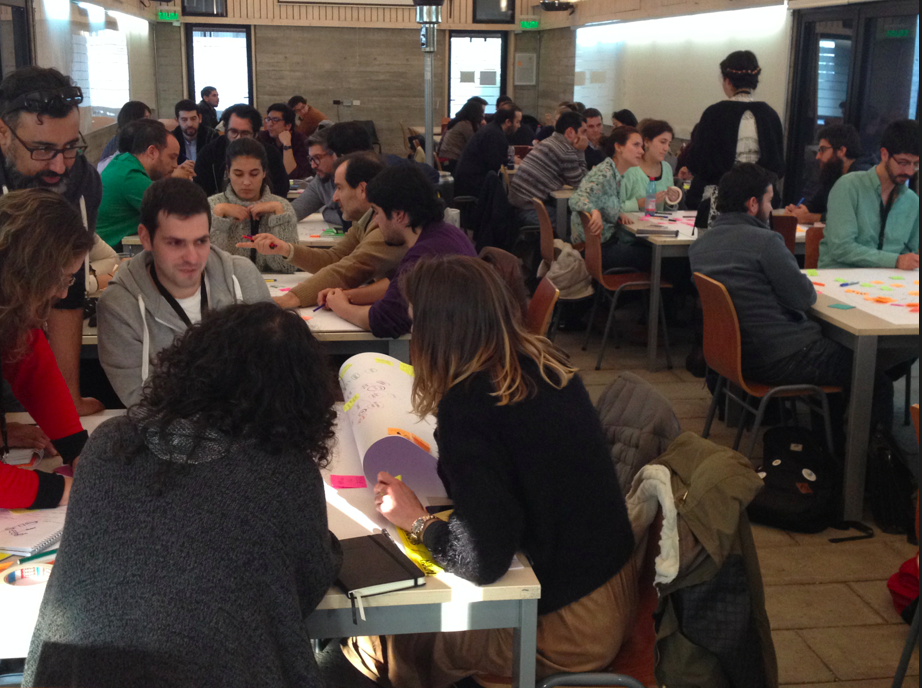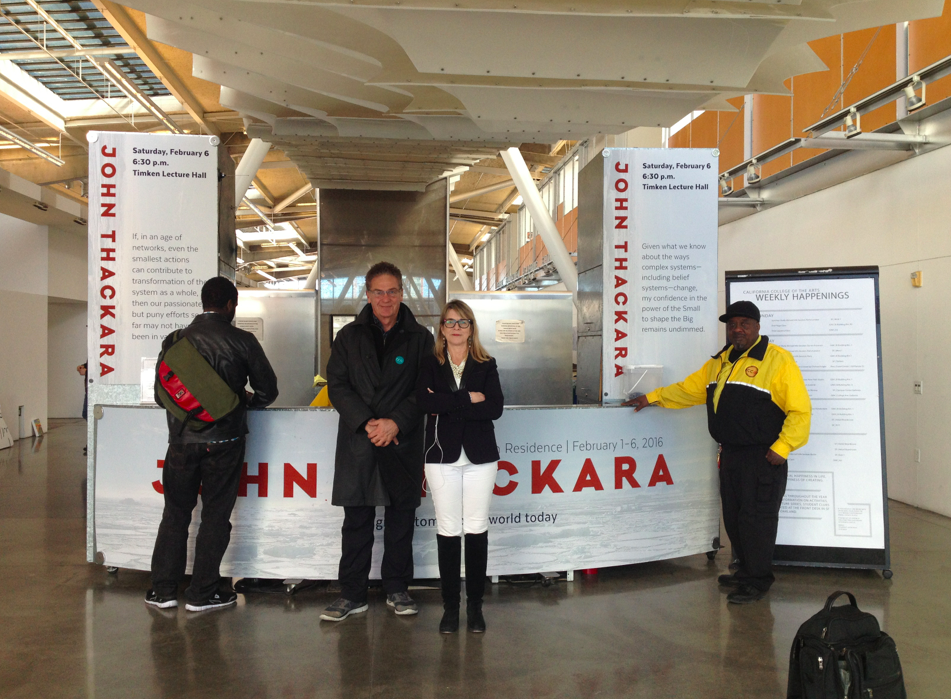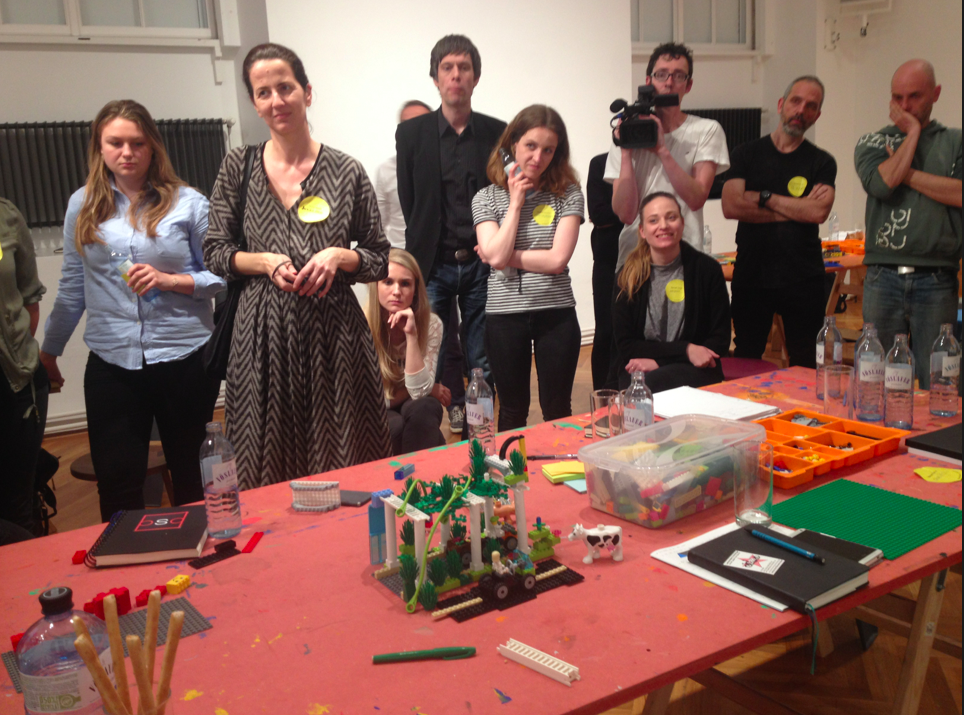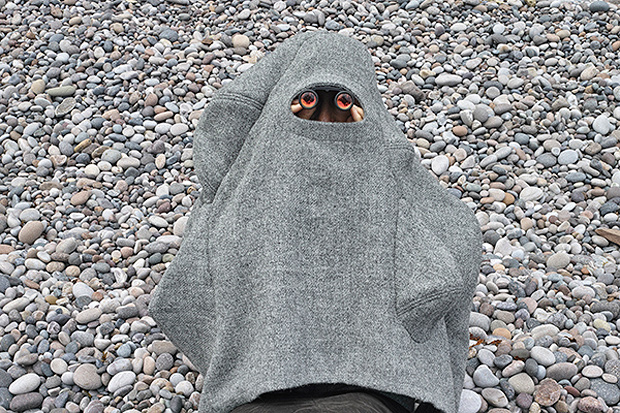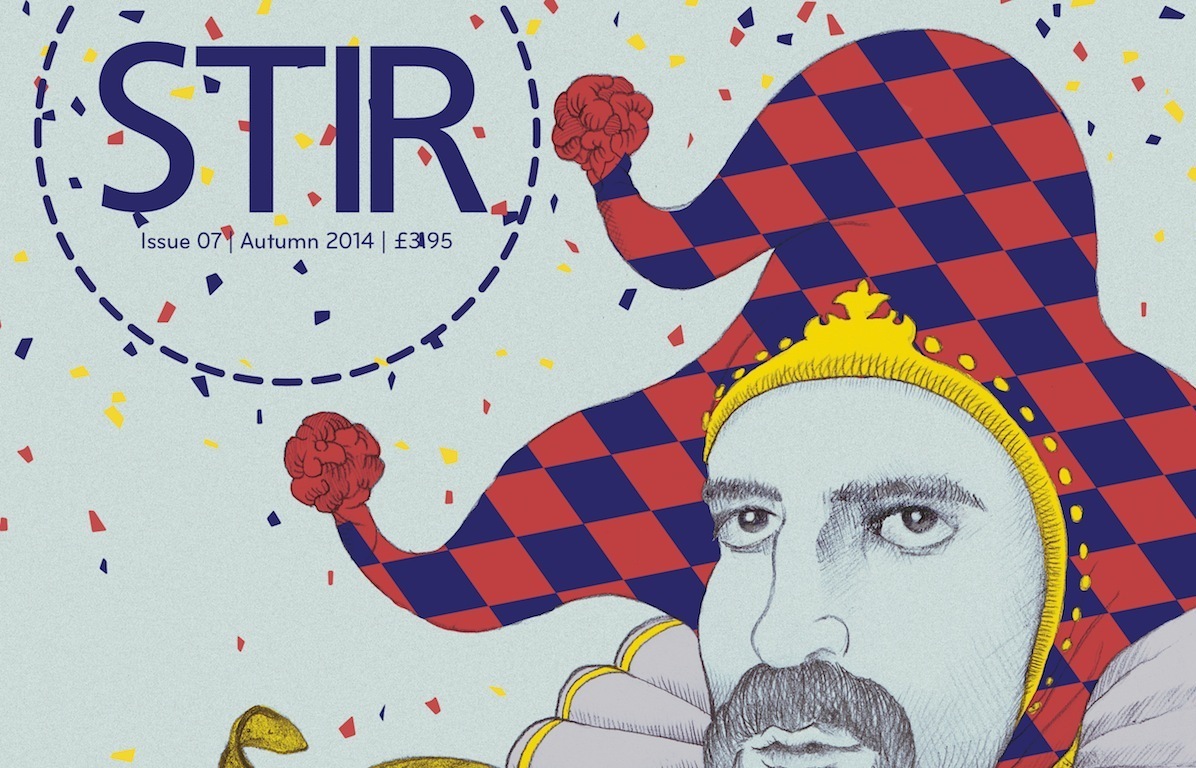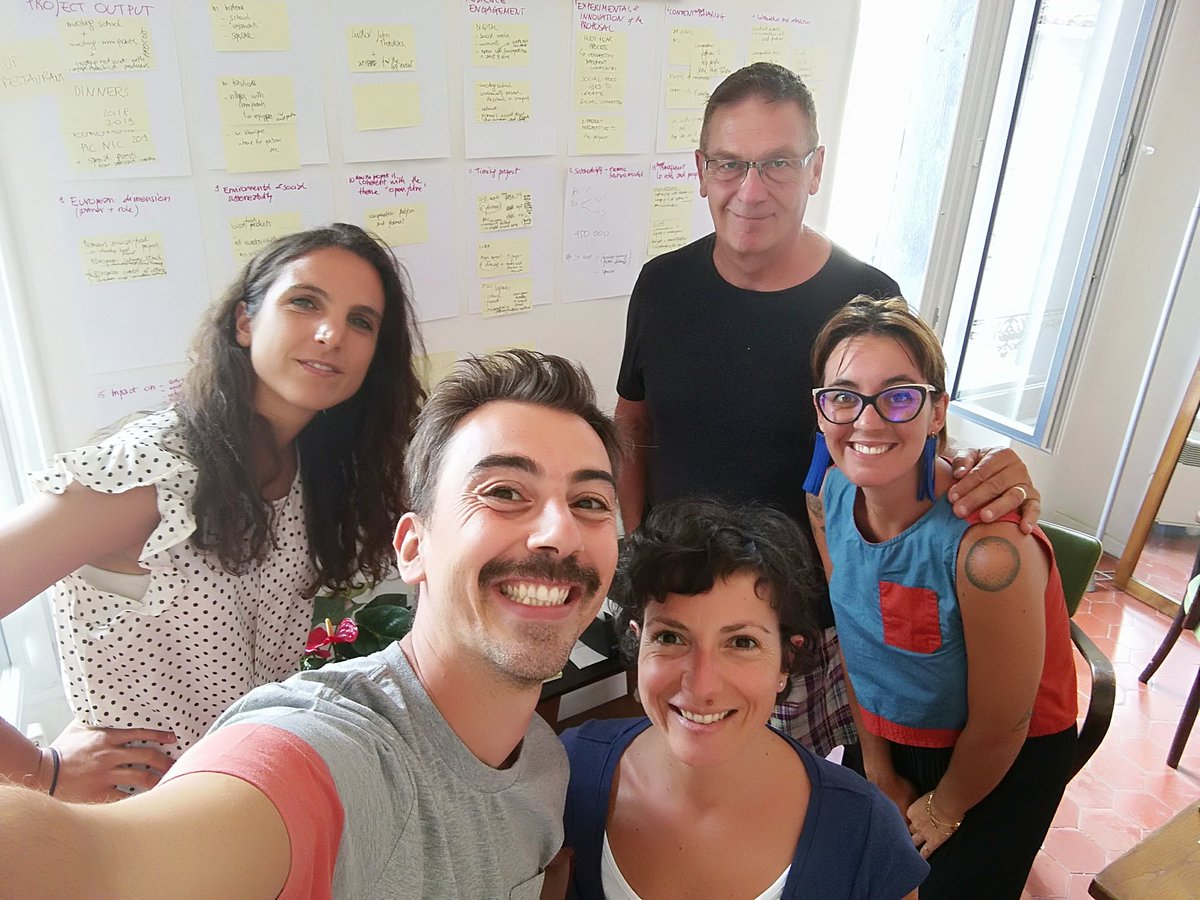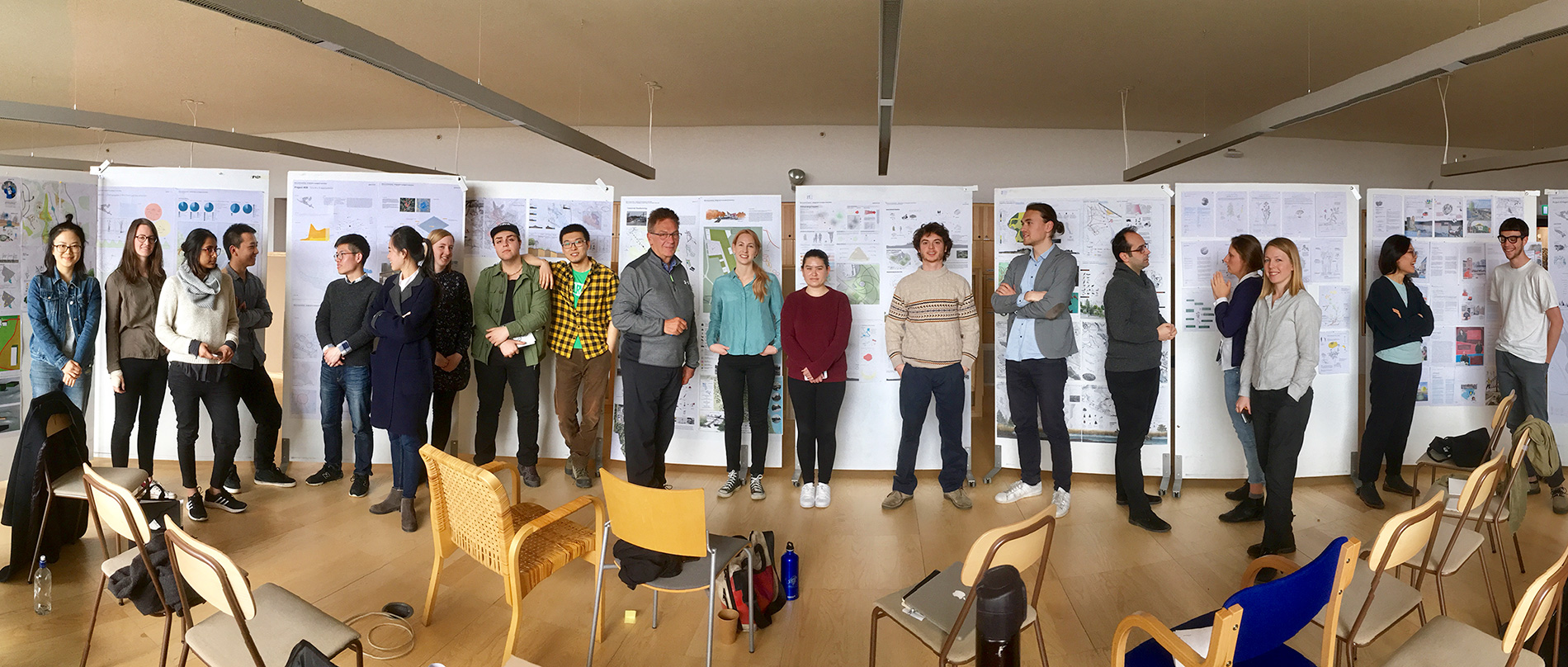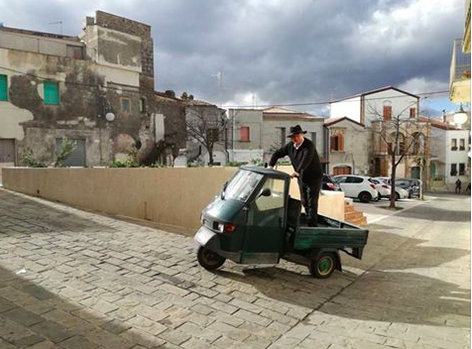Together with our friends at the Unbox Festival in Delhi, and designer Mansi Gupta, we went the heart of India’s largest leather-producing region. We discussed ways to develop products and services that combine clean forms of leather making with direct connections between between producers and customers. (Leathershed Lab, India)
Service Innovation, Santiago, Chile
Kris2022-08-28T13:01:06+00:00We ran a Pro-Am workshop on service design (below) during the Service Design Congress held in 2015 at the Universidad Católica de Chile
Wild work: connecting the social and ecological by design
Kris2022-08-28T12:57:22+00:00A week of workshops at California College of the Arts, San Francisco (John is shown with our host Leslie Carol Roberts). An explosion of new economy models is surfacing all around the world: Sharing. Peer-to-Peer. Commons’ ownership. Mobility as a service. Bioregions. Local money. Transition Towns. Something is happening – but is there a pattern?
Re-thinking urban-rural mobility, Vienna
Kris2022-08-28T12:47:08+00:00Together with StadtFabrik (City Factory) – MAK Vienna’s real-time research lab – we helped a multi-disciplinary group develop a new story about mobility and infrastructure in Vienna. Our guest projects were Biotope City; Komobile,who design decision-support software for cargo bike systems; and Cargo Bike Collective.
School of the Moon, Scotland
Kris2022-08-28T13:33:13+00:00We explored new ways to connect with the ecological and cultural assets of ‘Big Tree Country.’ Our group included a blacksmith, a digital arts producer, a land owner, a raspberry farmer, a soldier turned master mead maker, an expert on the ecosystems to be found in dry stone walls, a service designer, an artist who makes outfits that disguise you as a rock, the tutor at a forest school, and a designer of water cleaning systems. Our host was with Clare Cooper from Cateran’s Common Wealth
Back To the Land 2.0, Chora Connection, Copenhagen
Kris2022-08-28T12:13:27+00:00This Chora Connection workshop in 2016 brought together 12 pioneering project leaders who are developing real-world examples (see map) of how local living economies work. We discussed the fact that city and rural are dis-connected – and what to do about it. Chora connects new partners: regions, municipalities, associations, guilds.
choraconnection.dk/back-to-the-land-2-0
Back To The Land 2.0, Stir To Action, England
Kris2022-08-28T12:19:09+00:00In Bridport, England, we explored new ways for city people to re-connect with the land—and how to make them happen: Ways that are part-time, but long-term; ways that involve an exchange of value, not just paying money; ways to share knowledge, land, and equipment in new ways; ways based on historical links between town and country—but reinvented in an age of networks and social innovation. Afterwards, the Agroecology Land Trust made a to-do list of practical issues that need to be addressed.
CasaNetural, Matera, Italy
Kris2022-08-28T12:14:32+00:00(Above: the @CasaNetural team in Ganges)
If the ‘souvenir’ of tomorrow were to be a reciprocal relationship between city people and a rural place, what would it be about?
Together with @CasaNetural, a hub in southern Italy, we looked for alternatives to the ‘visit-spend-leave’ model of mass tourism – for example, the opportunity to learn a skill from artisans, or farmers, as part-time ‘remote apprentices’.
CasaNetural, Matera, Italy
KTH, Stockholm
Kris2022-09-11T17:06:10+00:00A ‘leave things better’ economy is emerging in civic ecology and green infrastructure, wetlands restoration, fibersheds, and Ecological Restoration Camps. At Sweden’s premier architecture school KTH (below) we explored the ways in which ecological restoration is not only multi-disciplinary; it also works at multiple scales of geography and time.
Grottole, Italy
Kris2022-08-28T10:17:48+00:00Many city people yearn to reconnect with nature and the land – but city and rural are dis-connected. What are we to do about it? In southern Italy, we are working with @CasaNetural to develop a new kind of learning destination – a base from which to connect with farms, watersheds, bioregions, ecomuseums, food routes, industrial heritage, and agro-ecology.
Our approach at Wonder Grottole is to combine the “What Is?” with the “What If?” For example: shown is Giuseppe’s Ape (with a curious cargo). We ask:”What other services could the Apes of Grottole support?” In exploring that question, we look far and wide for inspiration – for example, Go-Jek in Indonesia.

